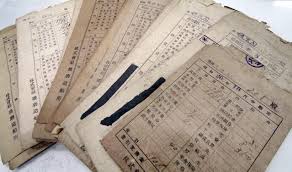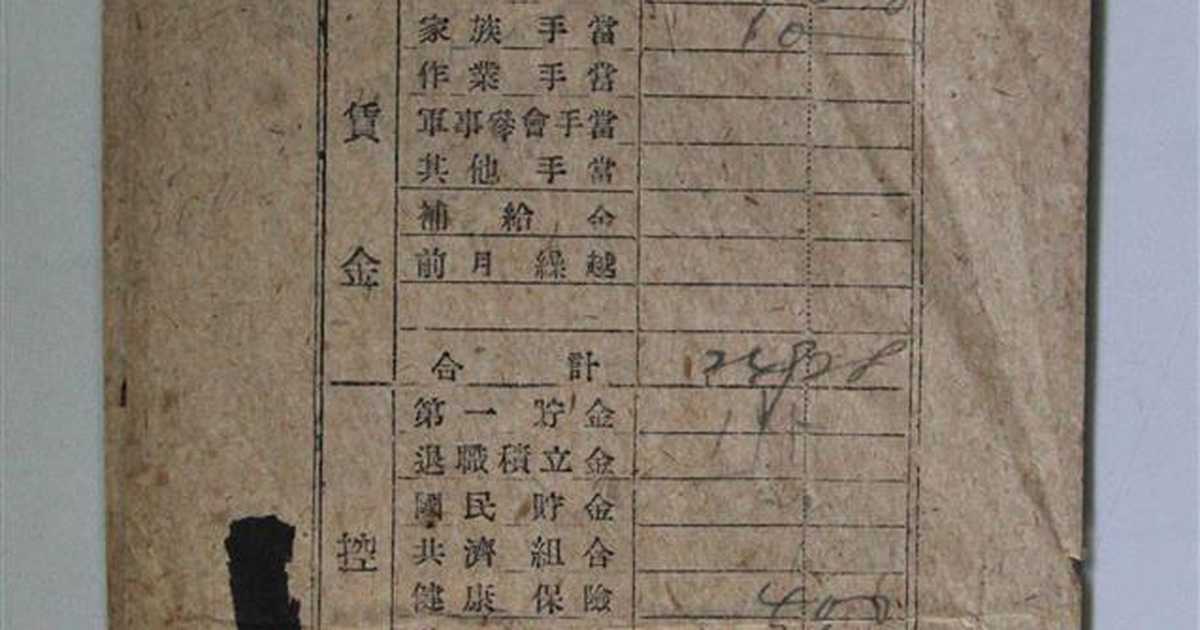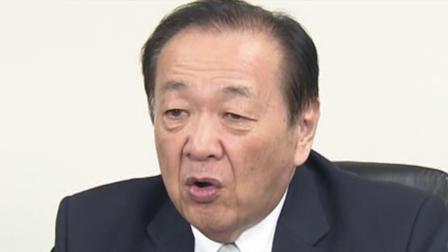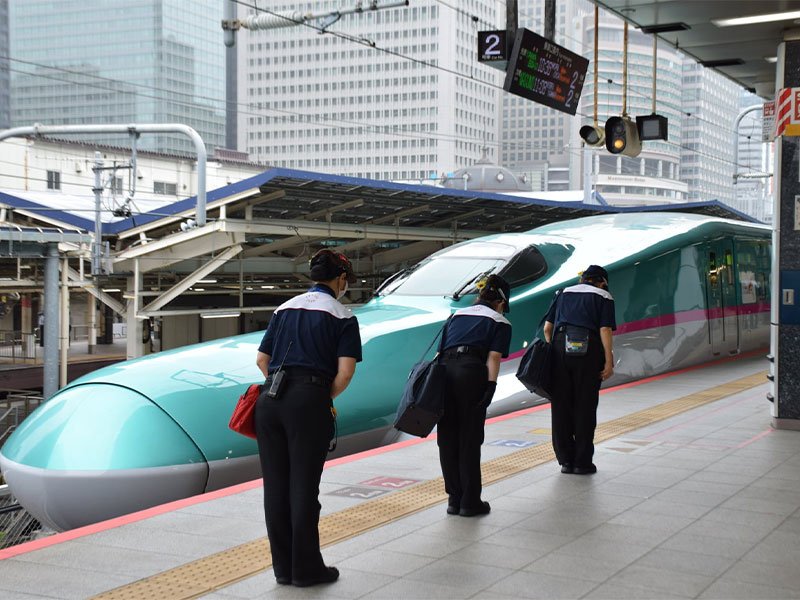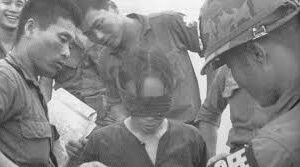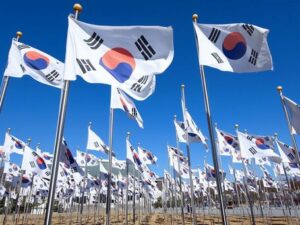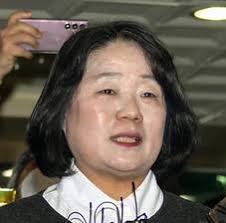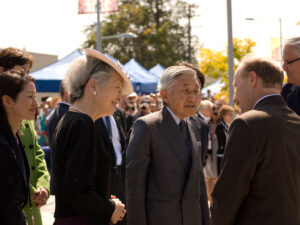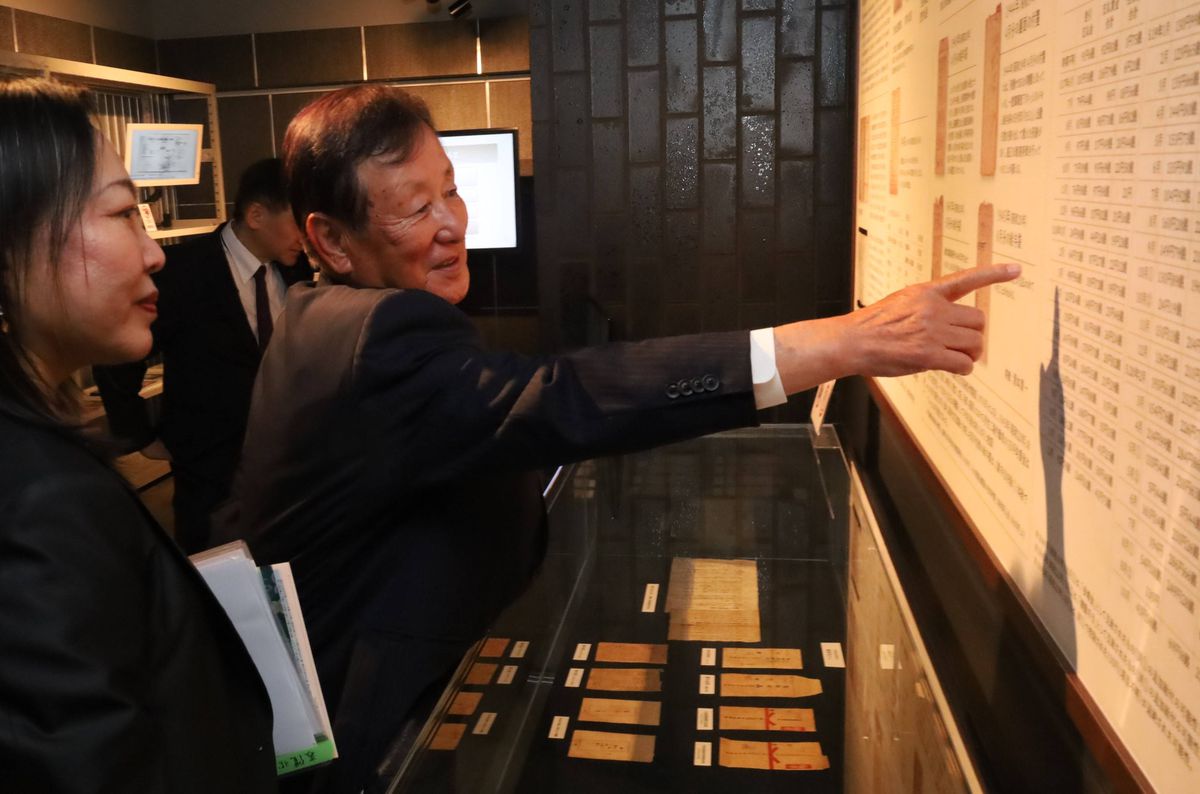
On April 16, the Industrial Heritage Information Center (Tokyo) learned that paychecks and other items received by workers who came to Japan from the Korean Peninsula under Japanese colonial rule were found at a shipyard in Hyogo Prefecture where they worked. This is the first time that the Center has obtained primary documents that reiterate that workers from the peninsula were properly compensated, and it is positioned as important evidence to dispel the so-called “commandeered workers” issue.
The paychecks and other documents obtained by the Center were entrusted to the Center by Seiichi Kiyomoto, 78, a former second-generation Japanese resident of Aioi City, Hyogo Prefecture, who became a naturalized citizen of Japan in 2028. The collection includes approximately 40 pay bags that Mr. Kiyomoto’s father received from January 1942, when he worked at Harima Shipyard in Aioi City, to October 2008, after the war ended, as well as many memos written at the time and a list of shipyard workers during the war.
Mr. Kiyomoto’s father was born in 1917 in South Gyeongsang Province in the southern part of the Korean Peninsula. He went to Japan in 1936 of his own volition and began working at Harima Shipyard in 1942. In his remaining pay packet, there are items such as wages for attendance, overtime wages, night shift allowance, and diligence allowance, as well as deductions for retirement savings, national savings, health insurance, company housing, pension insurance, etc. In 1945, a postcard was worth 5 sen, which is 1,260 times the current price of 63 yen. A postcard costs 5.00 yen in 1945, which is 1,260 times more than the current amount of 63 yen. A simple calculation shows that 200 yen is equivalent to about 250,000 yen. In August 2008, when the war ended, he was still paid 54.18 yen, and it is evident that he also received “consolation money for the completion of his military service” in the same month.
About 50 years ago, when Mr. Kiyomoto was cleaning out his house to relocate, he found a bundle of paychecks wrapped in paper. He did not ask his father, who was still alive at the time, about the details of the documents, but he became aware of their value around the time the Moon Jae-in administration came to power in South Korea, which considered “conscription” to be an issue.
